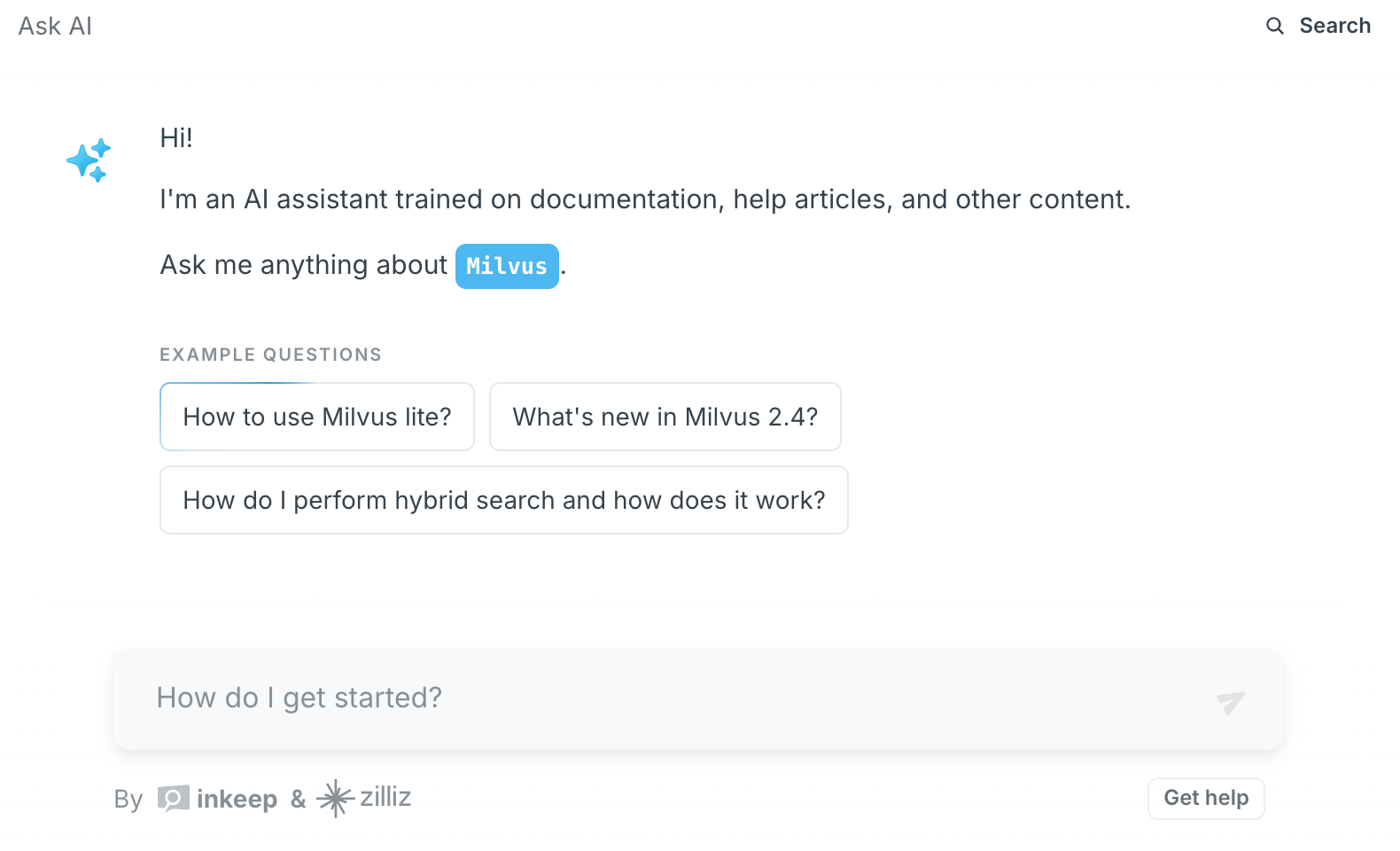Impact of Retrieval Frequency on User Experience Retrieval frequency in conversational systems directly affects response quality, latency, and user trust. Retrieving information at every user turn ensures the model uses the most up-to-date data, which can improve accuracy in dynamic contexts. For example, in a customer support chatbot, checking a knowledge base every time ensures the latest policies are reflected. However, frequent retrieval increases latency, as external data lookups take time. Users may perceive delays as poor performance, especially in fast-paced conversations. Conversely, retrieving only when the model is unsure reduces latency but risks outdated or incorrect answers. For instance, if a travel assistant doesn’t check flight statuses often, it might provide stale information. Striking a balance is critical: too much retrieval annoys users with delays; too little undermines reliability.
Evaluating Retrieval Frequency Strategies To evaluate retrieval frequency, developers can measure metrics like response time, accuracy, and user satisfaction. A/B testing is practical: compare a system that retrieves every turn against one that retrieves conditionally. For example, track how often each version provides correct answers in a QA system. Logging retrieval triggers (e.g., confidence scores) helps identify over- or under-retrieval. User surveys can assess perceived responsiveness and trust. Additionally, track computational costs—frequent retrievals may strain backend systems. Error analysis is key: count cases where skipping retrieval caused mistakes (e.g., a medical chatbot missing updated guidelines) or where unnecessary retrievals added latency without improving answers. Tools like confusion matrices or precision/recall metrics for retrieval decisions can quantify trade-offs.
Practical Considerations for Implementation The optimal retrieval strategy depends on the application. High-stakes domains like healthcare or finance may prioritize accuracy over speed, justifying frequent retrievals. For casual uses like movie recommendations, speed might matter more. Hybrid approaches can help: retrieve every n turns or when confidence in a response falls below a threshold. For example, a shopping assistant could check inventory once per conversation unless a user asks about delivery times, triggering an immediate lookup. Caching frequently accessed data reduces latency for repeated queries. Developers should also consider API costs and scalability—frequent retrievals may become expensive at scale. Iterative testing with real users is critical: start with a baseline strategy, measure performance, and adjust based on observed bottlenecks or errors.
